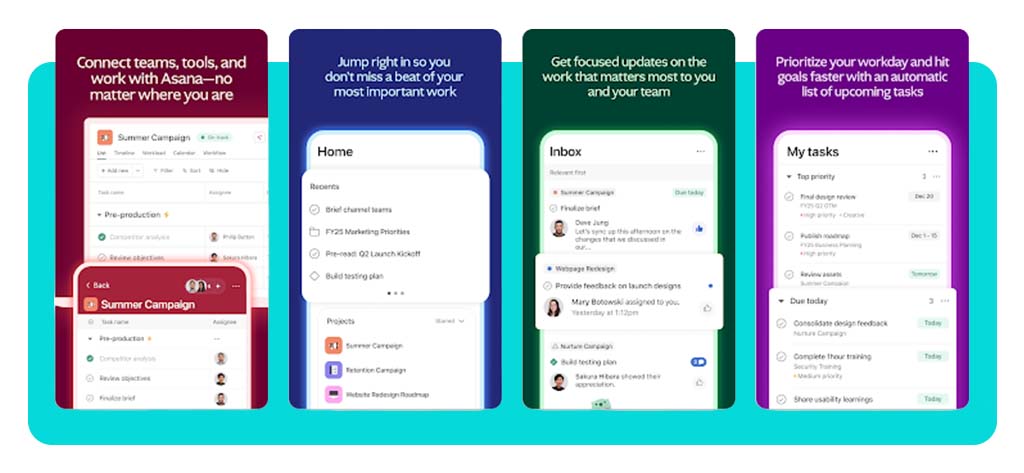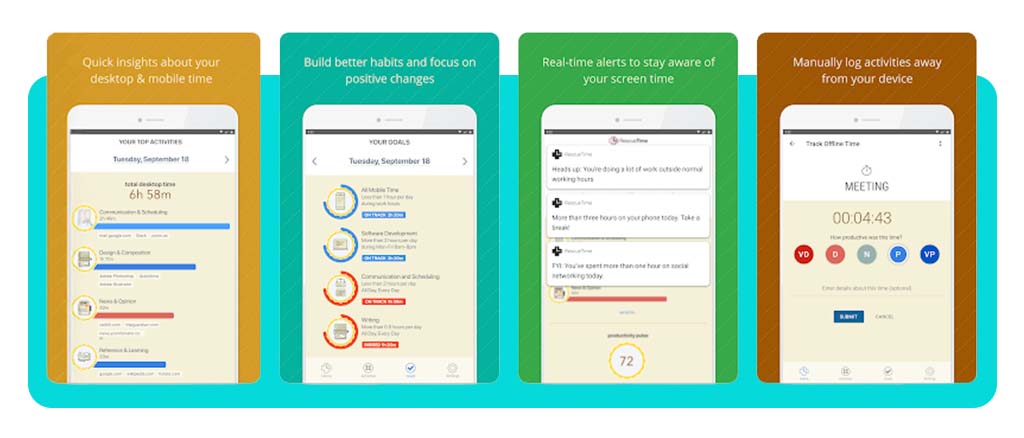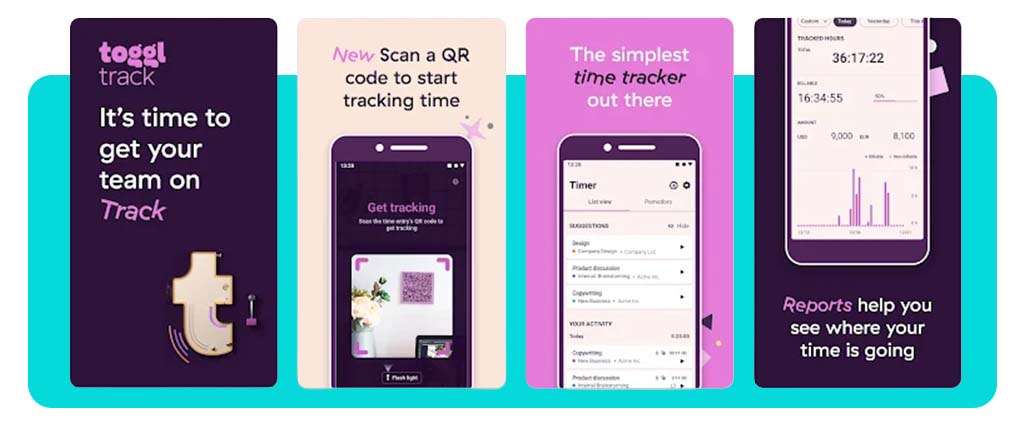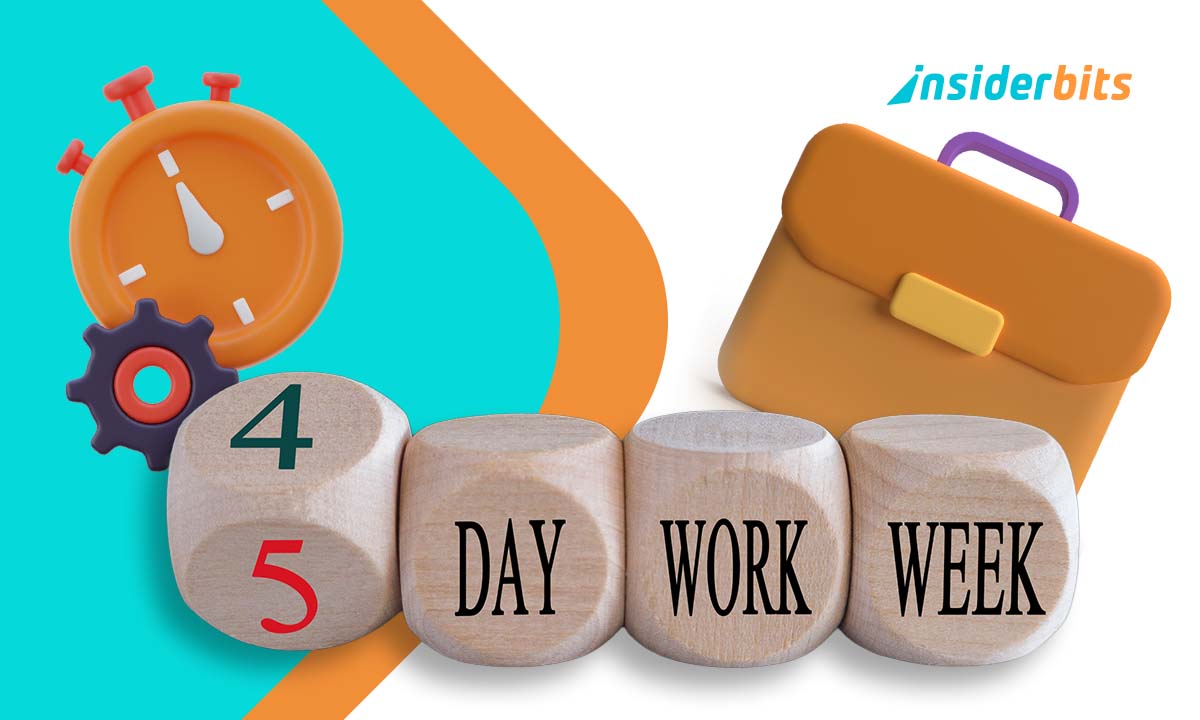Picture this: it’s Friday morning. The sun is shining, your coffee is still warm, and instead of slogging through another eight-hour grind, you’re lacing up your sneakers for a hike—or maybe just a Netflix marathon.
No, you didn’t quit your job. Your company just joined the four-day workweek revolution.
Sounds like a utopian fantasy? Think again. From startups in Berlin to corporate giants in Tokyo, businesses are ditching the archaic 9-to-5, five-day model for a shorter, sharper work schedule.
But here’s the kicker: they’re not sacrificing productivity. In fact, they’re thriving.
- Job Search Apps: Simplifying Your Career Hunt
- AI Job Matching: Land Your Dream Job Faster in 2025
- Best website to Find Construction Jobs in the US Today
Is the Four-Day Workweek the Future of Productivity?
Let’s address the elephant in the room first: can you really squeeze 40 hours of work into 32? The answer isn’t about working faster—it’s about working smarter. The four-day workweek isn’t a magic trick; it’s a productivity hack backed by data.
A UK pilot program involving 61 companies found that after switching to a four-day schedule, revenue increased by 1.4% on average.
Employees reported lower stress levels, better focus, and—surprise—fewer pointless meetings. As one CEO put it, “When you have less time, you waste less time”.
Tech Allies: How Apps Make the Four-Day Workweek Work
Let’s be honest—switching to a four-day workweek without the right tools is like trying to run a marathon in flip-flops. You might finish, but it’ll be messy. Enter these digital sidekicks that turn the 32-hour workweek from a pipe dream into a well-oiled machine:
Asana: The Taskmaster
“Wait, what was I supposed to do today?”—a question that vanishes when Asana’s color-coded task boards are in play.
This app lets teams slice projects into bite-sized pieces, assign deadlines (with emojis, because adulthood shouldn’t be joyless), and track progress in real time.
Why it’s a four-day workweek MVP:
- Automates reminders so nothing slips through the cracks;
- Integrates with Slack, Google Drive, and even your cat’s birthday calendar (probably);
- Shows who’s drowning in work and who’s coasting—so redistribution happens before the panic sets in.

RescueTime: The Silent Accountability Coach
This app lurks in the background, silently judging your 45-minute TikTok detour, then serves you a cold, hard report of your week. It’s like having a productivity therapist who says, “You spent how long on LinkedIn?”
4.2/5
Four-day workweek superpower:
- Blocks distracting sites during focus sessions (RIP, Twitter rabbit holes);
- Tracks deep work vs. busywork ratios—because not all hours are created equal.

Toggl Track: The Time Interpreter
Toggl doesn’t just track time; it audits it. That client call you thought took 30 minutes? Try 58. The design sprint billed as “a quick task”? A three-hour saga. With pixel-perfect reports, Toggl helps teams spot inefficiencies and redistribute hours like a productivity Robin Hood.
4.6/5
Why it’s a four-day workweek essential:
- One-click timers make logging hours effortless;
- Shows which tasks are time vampires (looking at you, “quick sync” meetings).

The Fine Print: What the Data Says
Before you accuse the four-day workweek of being a millennial fantasy, consider this:
- A 2024 Forbes study found that 78% of employees on a four-day schedule reported higher job satisfaction—without a dip in output;
- The APA links shorter workweeks to a 27% drop in burnout symptoms;
- Companies like Intervue.io noted a 15% increase in applicant quality post-implementation, proving talent flocks to flexibility.
Companies That Have Nailed the Four-Day Workweek
Who’s already riding this wave?
- Buffer, the social media wizards, ditched Fridays years ago and haven’t looked back. Their secret? Async communication and ruthless prioritization;
- Preply, a language-learning platform, saw a 30% jump in job applications after announcing their four-day policy (take notes, recruiters);
- Microsoft Japan tested a four-day week and saw productivity spike by 40%. Yes, you read that right.
These companies prove that the four-day workweek isn’t just a perk—it’s a competitive advantage.
Productivity Secrets: Getting More Done in Less Time
Here’s the dirty little secret of the modern workplace: We’re not productive for eight hours a day. Studies show the average knowledge worker clocks just 2 hours and 53 minutes of actual, focused work daily.
The rest? Meetings, emails, and existential dread.
The four-day workweek forces a reckoning. Without the cushion of a fifth day, teams cut the fluff:
- No more “reply-all” email chains—Slack it or scrap it;
- Meetings are 25 minutes max—because let’s be real, anything longer is a nap with PowerPoint;
- Deep work blocks become sacred. Distractions? Banished like last year’s skinny jeans.
The result? A work culture that values output over “face time.”
Avoiding Burnout with a Shorter Week
Burnout isn’t just a buzzword—it’s a public health crisis. The APA reports that chronic overwork shrinks your brain’s gray matter (yikes) and hikes up anxiety.
But here’s the good news: a four-day workweek acts like a reset button. Employees with an extra day off report:
- Better sleep (goodbye, 3 a.m. doom scrolling);
- More time for hobbies, family, or just existing—radical, right?
- Higher job satisfaction, which means fewer resignations.
As one employee from a four-day firm joked, “I used to live for the weekend. Now I actually live”.
The Bottom Line
The four-day workweek isn’t a trend—it’s a tectonic shift in how we define “work.” It’s about trusting employees to deliver results without burning out. It’s about trading presenteeism for purpose. And honestly? It’s about time.
So, dear bosses: Want a happier, more productive team? Give them their Fridays back. The future of work isn’t longer hours—it’s better ones.
P.S. Curious how AI is reshaping jobs too? Check out how tech is matching talent to roles. Or dive into the psychology behind shorter workweeks.




